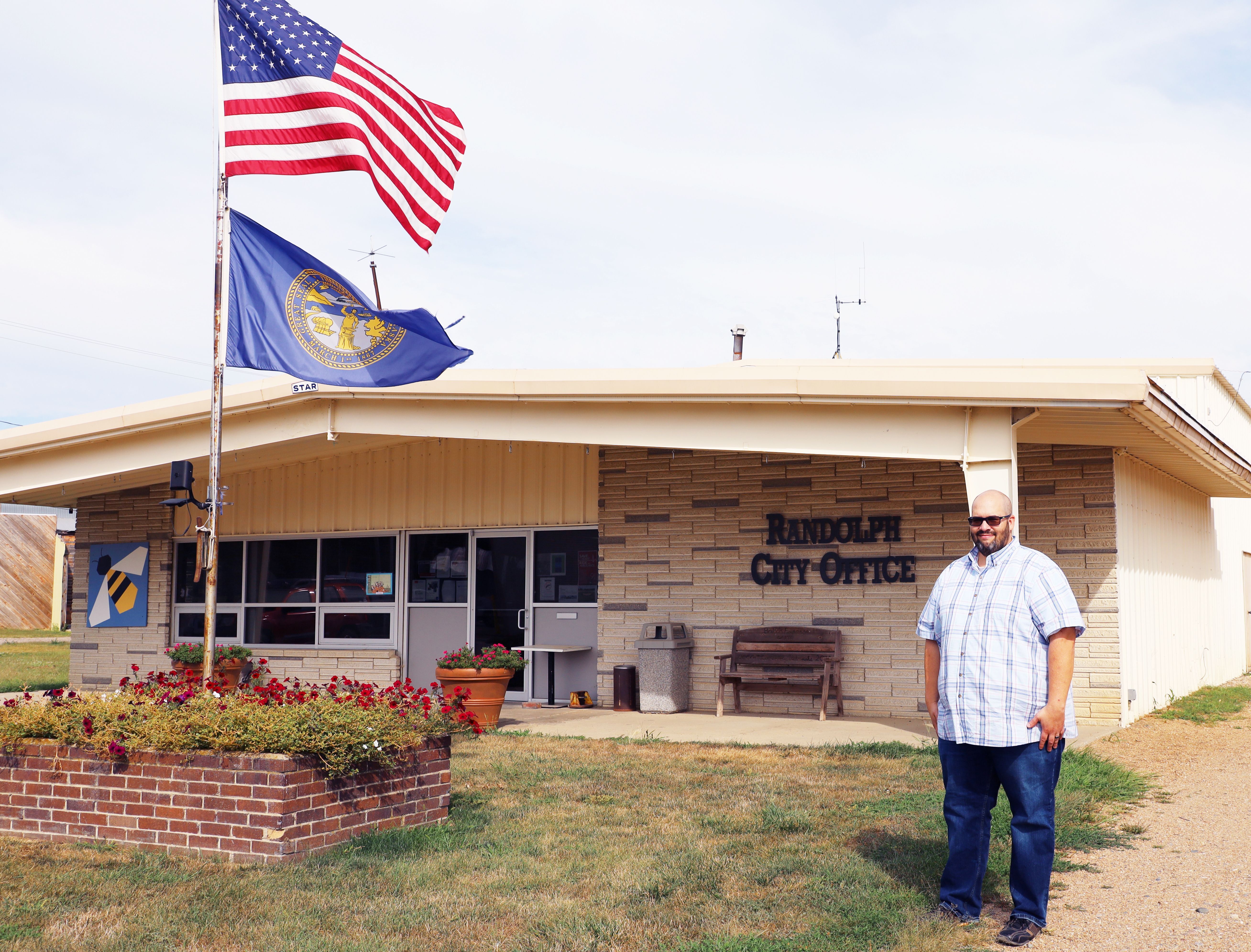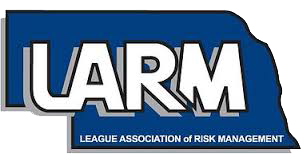
City of Randolph Administrator Ben Benton was confronted with a municipal official's nightmare- a hard drive crash on his main office computer. Fortunately, he was able to take the computer to the city's internet technician contractor, who could extract essential files, but he learned his lesson.
"When the IT asked when was the last time I had backed up the computer, I said I did so every six months on a USB drive. Fortunately, they had us up and running again in 48 hours, but we now back up everything at the end of each day. You can't afford to lose the work that is done on any given day," Benton said.
Even though most of a municipality's information is stored in electronic bytes rather than paper records, it's still susceptible to loss from fires, floods, and burglary. Cities also have to worry about a hard drive crash or hackers taking over computer networks and asking for a ransom to regain access to the stored information.
There is an advantage with digital information, though. It is somewhat easier to make copies and store them elsewhere than scan paper copies and store them. It's important to have a carefully thought-out digital backup storage strategy.
Ask your office managers, clerks, IT managers, and anyone else who uses and stores municipal information about the office digital storage plan. Here is a list of questions for them:
1. Is the information on the computer systems backed up regularly? It can be all right to back data up once a week if you don't mind losing a week's worth of data. Consider backing up essential data to two or more locations at the time it's saved. Municipal information must be backed up at least once a week regardless of an employee's comfort level and community size.
2. How is the information backed up? Some people may be backing up to an external hard drive plugged into the USB port or, if there is minimal information, it might be backed up to a smaller thumb drive. What is done with it, then? If it's stuck in a desk drawer in the same office, a tornado or fire will destroy the backup along with the original. You should physically store backup drives at a different location. Another alternative is to back up to a "cloud," which means an offsite server. There is usually a minimal cost to upload data to a cloud server. Just make sure you are using a reputable company and that they don't charge a hefty fee for retrieving the files. Keep in mind that you'll have to have a decent Wi-Fi connection to upload data to an offsite server.
3. Is there a secure system to access the backup files? Some hackers can get into a computer system and, guess what, access the backup files. Backing up information onto an external hard drive gives you the ability to disconnect it from your computer system physically. You can also prevent hackers from accessing your cloud server by asking the backup company what safeguards they utilize to protect your data storage. You may also want to periodically change the passwords used to access the cloud server.
There's not an "if" as to losing data; it's actually "when." It might be a flood or a user error, but data loss won't be a cause for panic if you have a sound backup system in place.
Photo is of Ben Benton, Randolph City Administrator
